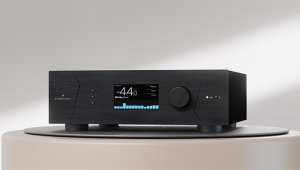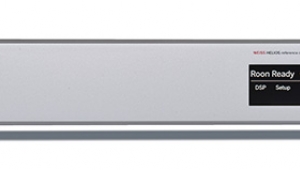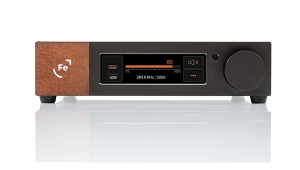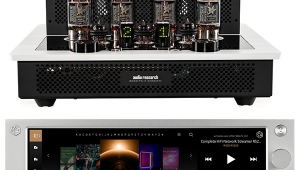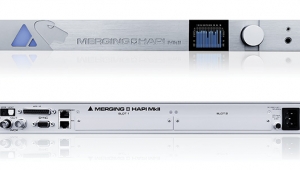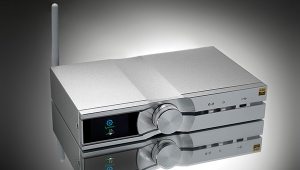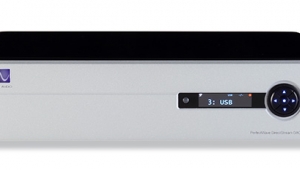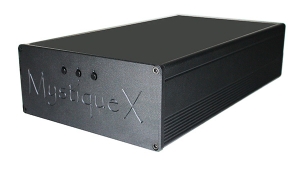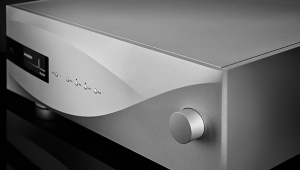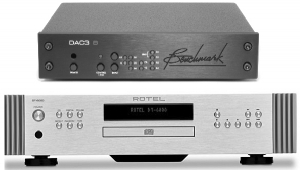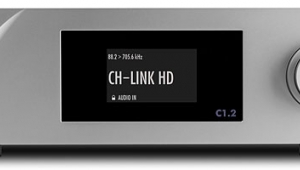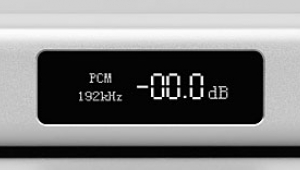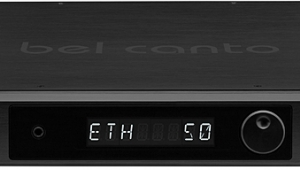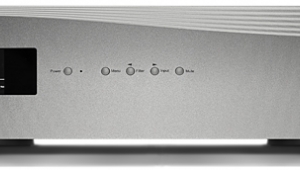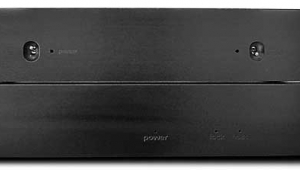| Columns Retired Columns & Blogs |
Wadia 2000 Decoding Computer Test System
Sidebar 2: Test System
Footnote 1: Craig Dory of Dorian Recordings related a pathetic tale that summarizes the sad state of affairs in today's software market. Craig apparently had met a CD producer from a major label who proudly pointed out that he was able to subject a certain release to only—get this—seven conversions from A to D or D to A. By contrast, Dorian Recordings and DMP have only a single A/D conversion. The playback equipment adds the necessary D/A process, for a total of two conversions.
The following equipment was used to evaluate the Wadia 2000 Decoding Computer. Preamps: Audio Research SP11 Mk.II, Krell KSP-7B. Power amps: two Classé DR-9s, four Krell KMA-160s, each set used in conjunction with the Apogee DAX to power the Apogee Divas. CD transports: Sony CDP-X7ESD, Onkyo Integra DX7500, Teac P-1 CD Drive Unit. For comparison purposes, Stereophile arranged for me to borrow a Theta DSPro processor. All single-ended interconnects and speaker wire were Monster Cable Sigma series, or, in the balanced configuration, Kajelco interconnects, with Krell Path speaker wires. Several Tube Traps can be found in the corners of the listening area and along the ceiling/front wall interface.
Selecting the software was quite a chore. Even though just about every CD sounded better when played through the Wadia 2000, I still was very concerned about using CDs that would allow me to evaluate this product properly. Remember, garbage in, garbage out. If a disc sounded less than good, how would I know if the problem was in the processor, the transport, the cable, or the software? If the source material was blemished—a very likely situation, since most commercially available CDs have traveled through the circuitry of a Sony 1630—then that's what I would hear (footnote 1).
As it turned out, I need not have been concerned about making proper software selections. Good CDs revealed their sonically redeeming features very clearly, but others were also interesting. Each was an uncharted adventure. While sonic indiscretions were fully displayed, the problems of inferior CDs could easily be identified and could not be mistaken for playback-equipment problems. The constant was the system: if I didn't perceive a problem consistently—which I didn't—then it must have been the software.
Nevertheless, for the serious auditioning, I decided to hedge my bets and go with CDs that have passed through the more renowned mastering facilities: DMP, Dorian, Chesky, Sheffield, and Water Lily. (Regrettably, I did not have any Reference Recordings or Wilson Audio CDs to hand.)—Arnis Balgalvis
Footnote 1: Craig Dory of Dorian Recordings related a pathetic tale that summarizes the sad state of affairs in today's software market. Craig apparently had met a CD producer from a major label who proudly pointed out that he was able to subject a certain release to only—get this—seven conversions from A to D or D to A. By contrast, Dorian Recordings and DMP have only a single A/D conversion. The playback equipment adds the necessary D/A process, for a total of two conversions.
- Log in or register to post comments
